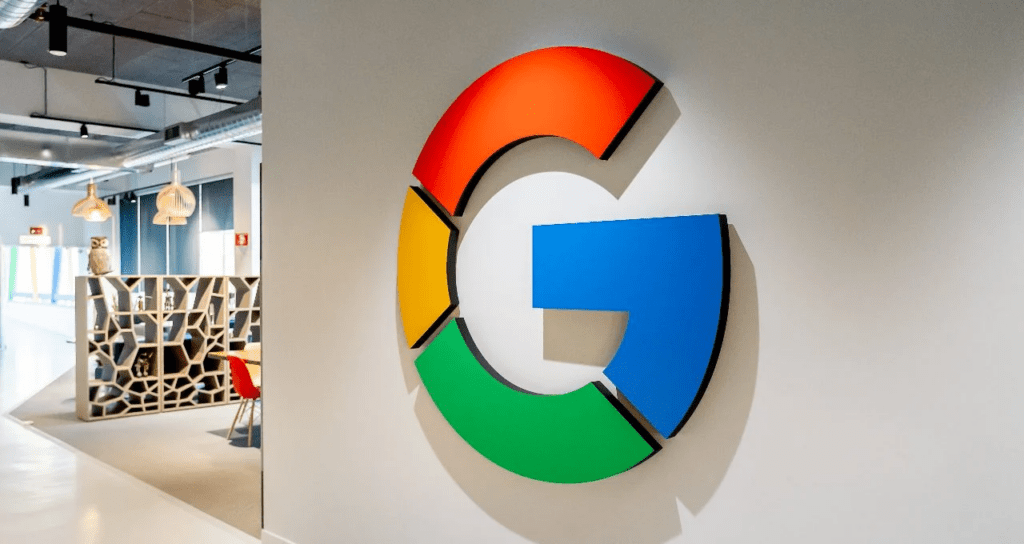Google Cloud is launching a blockchain node engine, which the firm claims will simplify the process of launching a new node as well as the complexity of hosting it on your own hardware.

Blockchains are made up of transaction data that is permanently preserved and encrypted, thus operating as decentralized databases.
Instead of depending on a single institution to authenticate and store data, a blockchain’s governing architecture is a node – a device, such as a computer, laptop, or server, that stores a complete copy of the blockchain’s transaction history.
A blockchain’s nodes constitute a peer-to-peer network, continually sharing the most recent blockchain data to keep all nodes in sync.

According to the publication, Ethereum is Google’s first supported blockchain:
“While self-managed nodes are often difficult to deploy and require constant management, Blockchain Node Engine is a fully managed node-hosting service that can minimize the need for node operations.”
When Google began forming a Web3-focused team earlier this year, it looked that such a service was in the works. It was claimed at the time that Google was considering developing hosted services for blockchain developers.
Google began natively supporting statistics for Ethereum wallet balances earlier this month.
DISCLAIMER: The Information on this website is provided as general market commentary and does not constitute investment advice. We encourage you to do your own research before investing.
Join us to keep track of news: https://linktr.ee/coincu
Website: coincu.com
Harold
CoinCu News





